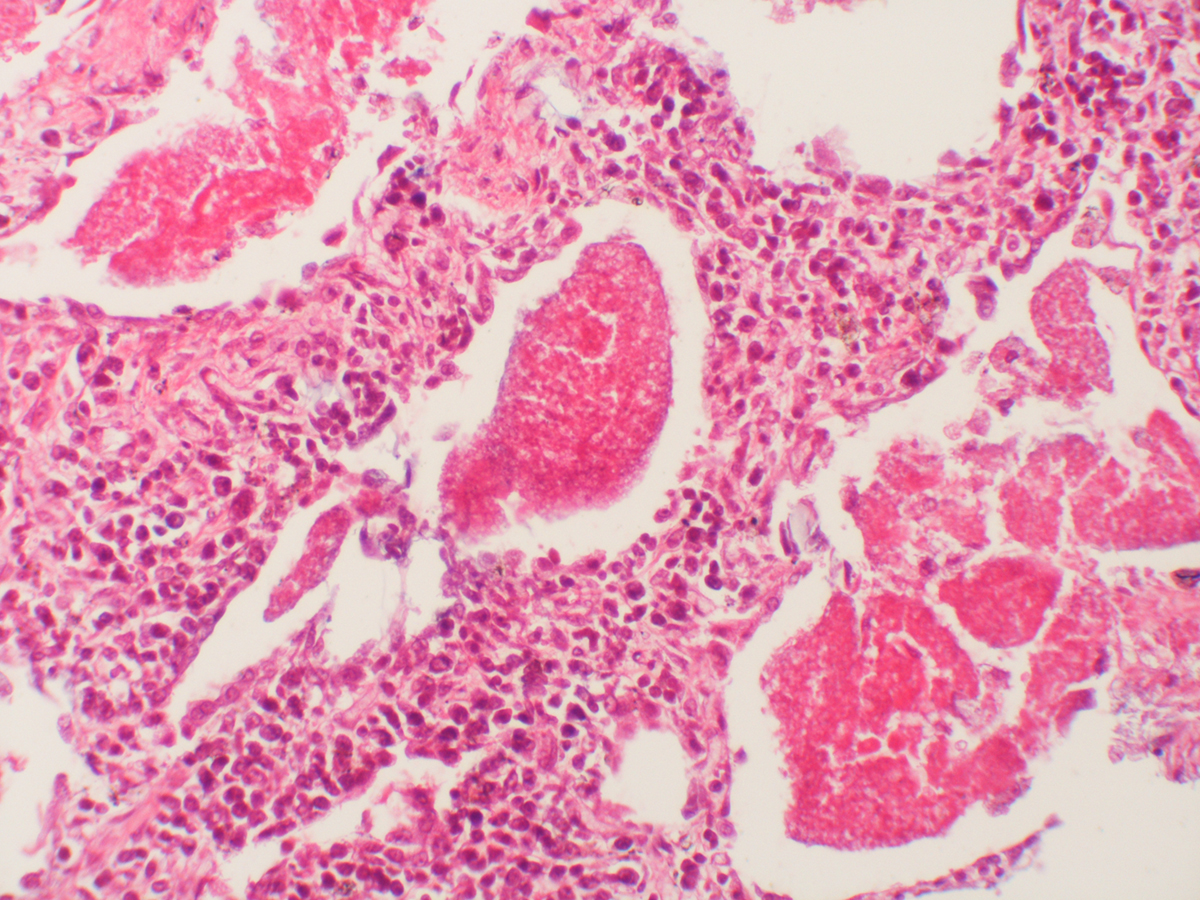
Pneumonia in children
This text will provide you with answers to the questions that relate to pneumonia in children. It can be said, in simple words, that pneumonia is an inflammation of the lungs. There are several types of pneumonia, and they are determined by the pathogen that caused them. The most common type of it is viral pneumonia.
Pneumonia, in general, is a serious condition that affects every age of the population, but it is more common in children and older people, who belong to a risky group and in which pneumonia can cause severe problems and even death. It is said that pneumonia is one of the main culprits for causing death in children. Children who are at a higher risk to develop pneumonia are children who are exposed to secondhand smoke, who are prematurely born, who have some genetic disorder, respiratory condition such as asthma, for example, and children who spend much time with a number of people. A type of pneumonia that is called walking pneumonia, which is a less severe type of pneumonia, appears in children as well.
Symptoms
The symptoms of pneumonia are variable and they depend upon the age of children. When a baby has pneumonia, symptoms are lack of appetite and irritability. It also relates to all children who are up to five years old and is followed by crying. Older children have symptoms that include cough, heavy breathing, high temperature, loose stool, and pale lips and fingernails, but in some cases, the only symptom that can indicate the presence of pneumonia (bacterial pneumonia) can be fever.
Is Pneumonia in Children Contagious?
The answer to this question is really very vague. Directly, pneumonia is not contagious in children and adults, but on the other hand, it causes the spread of many viruses and bacteria that are contagious. This period of contagiousness lasts as long as symptoms are present in infected person. If someone has pneumonia, it is recommended to keep the children at distance from that person. It would also be good to pay more attention to general hygiene as those bacteria are at every object that infected person has been using.
Treatment of Pneumonia
It would be best if pneumonia is prevented, but in the case in which a child already has it, it is treated with antibiotics. Some additional tests are done so that the doctor can diagnose pneumonia and give a proper treatment. It is of vital importance to drink the recommended dose of antibiotics to the end. If babies and infants have pneumonia, they would have to stay in hospital. If you see symptoms of pneumonia in your child, please visit doctor.





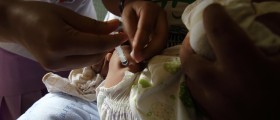


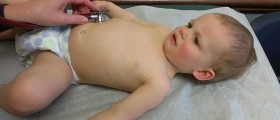


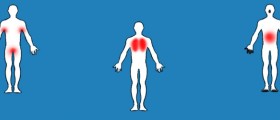
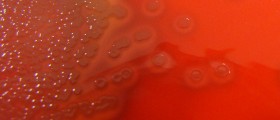
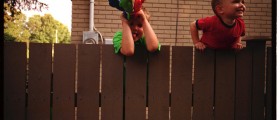
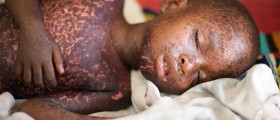


Your thoughts on this
Loading...